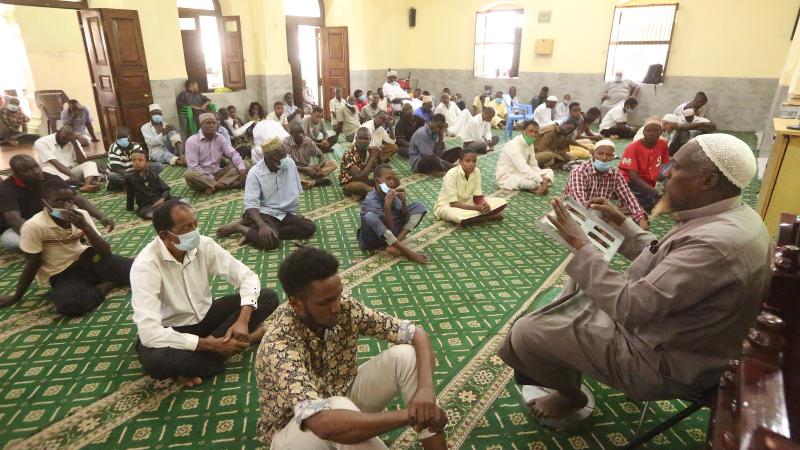×
The Standard e-Paper
Fearless, Trusted News

Muslims observe a fast in the holy month of Ramadhan. It is the ninth month of the Islamic calendar, also known as the hijri.
During fasting, believers are required to abstain from eating, drinking or having sex with their spouses from dawn to dusk for 29 or 30 days, depending on the sighting of the moon.